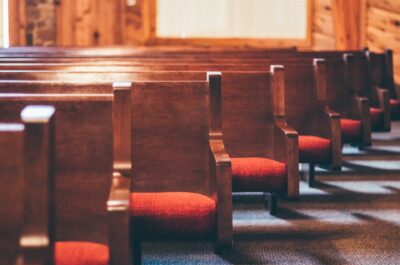
The “Great Resignation” dominated articles regarding workplace trends for much of the pandemic. Frontline workers in high-stress occupations like hospitality, health care, and education were particularly likely to walk off their jobs. Clergy joined the trend, with nearly 40% of pastors confessing in late 2021 that they would seriously consider leaving full-time ministry.
But while The Great Resignation attracted much attention, a less obvious trend, “Quiet Quitting,” may prove to be more durable. Quiet Quitting, sometimes known as the “Great Disengagement,” occurs when employees resolve to do what they are required to do—but decline to “go above and beyond.” A worker who is Quiet Quitting may appear to be productive, but their productivity is apt to stagnate over time. In schools and universities, teachers and professors bemoan the phenomenon of disengaged students. Quiet Quitting has its religious counterpart as well, as the proportion of Americans who report they “never attend religious services“ jumped from 25% pre-pandemic to 33% more recently.



